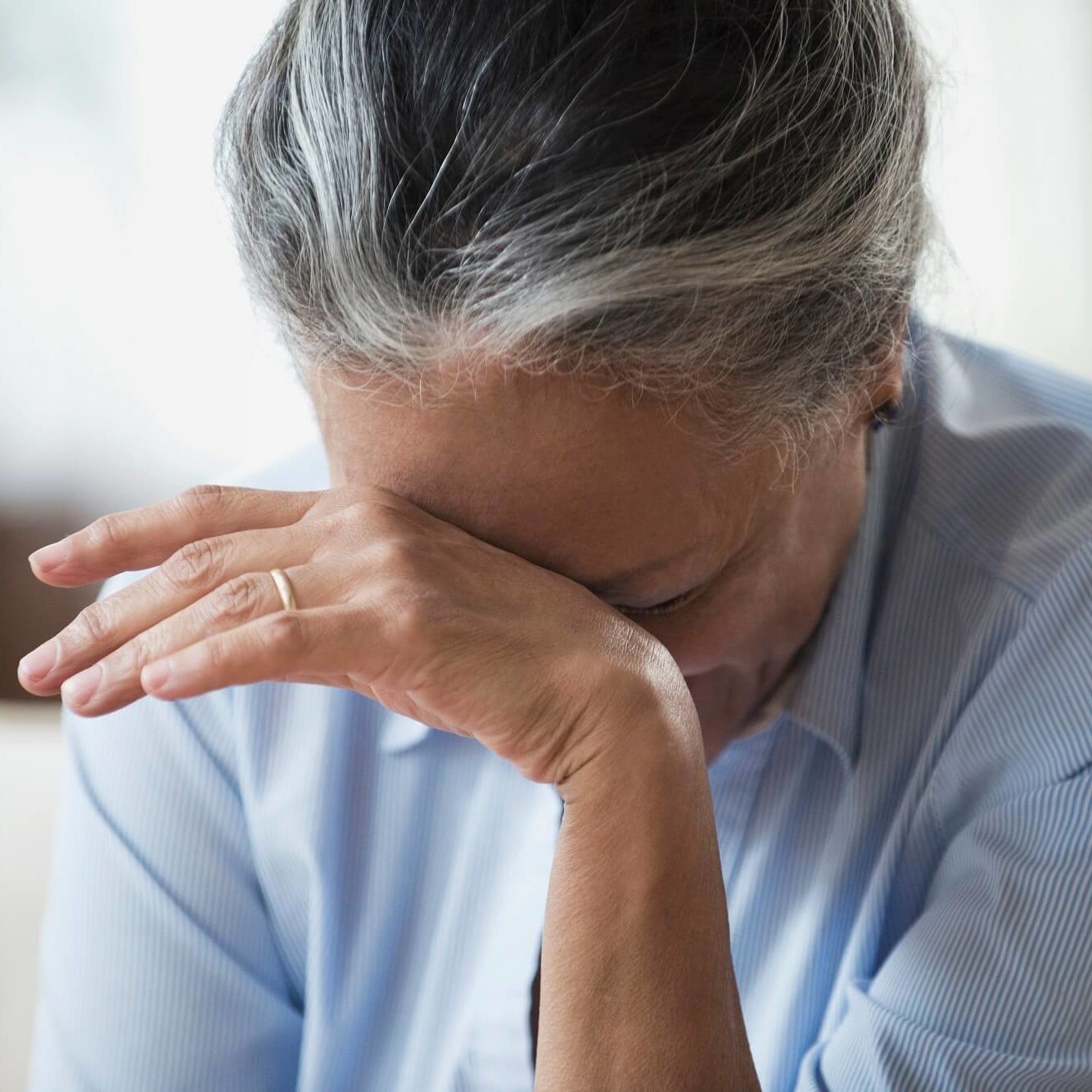Phobias Treatment

Phobias are persistent, irrational fears. A phobia may be of an object or situation, with a strong desire to avoid the fear and, in some cases, an inability to function at normal tasks (such as a job or a social situation).
Phobias are among several anxiety disorders, which also include panic disorder, post-traumatic stress disorder, obsessive-compulsive disorder and generalised anxiety disorder. Unlike general anxiety disorders, a phobia is usually connected with something specific.
Unlike fears and general anxiety, phobias tend to be specific. There may be a certain object, animal or situation that brings you out in a panic. Whatever it is, having a phobia can make everyday tasks more difficult.
Same Week Consultation
At Dementech Neurosciences, we endeavour to see you in the same week of your enquiry, if possible. You no longer have to wait to be seen by a specialist. With your consent, our private psychologists can also share the full consultation report with your GP.
Expert Assessments
Although the diagnosis of a panic disorder is largely clinical you may also have to complete a self-assessment tool or questionnaire that will ask you questions pertaining to your symptoms.
For instance, you may be asked questions regarding your medical history, current symptoms, and recent life changes.
Patient Advisor Consultations
This is an opportunity to discuss your condition where the Patient Advisor will suggest the most appropriate route to suits your specific needs.
Video Consultations Available
Dementech Neurosciences is now offering tele consultations to patients who are unable to physically attend our clinic on Wimpole street.
We will be conducting these calls through Skype, FaceTime and WhatsApp call/Video call.
Phobias Symptoms
Common phobias and fears include closed-in places, heights, motorway driving, flying insects, snakes, and needles. However, we can develop phobias of virtually anything. Most phobias develop in childhood, but they can also develop in adults.
People with phobias experience also panic attacks with the symptoms often occurring suddenly and without any warning. Panic attacks can cause physical symptoms, such as:
- Sweating
- Trembling
- Hot flushes or chills
- Shortness of breath or difficulty breathing
- A choking sensation
- Rapid heartbeat (tachycardia)
- Pain or tightness in the chest
- Ringing in your ears
- A sensation of butterflies in the stomach
- Nausea
- Headaches and dizziness
- Feeling faint
- Numbness or pins and needles
- Dry mouth
- A need to go to the toilet
- Confusion or disorientation
In severe cases of phobias and panic attacks, you may also experience psychological symptoms, such as:
- Fear of losing control
- Fear of fainting
- Feelings of dread
- Fear of dying


Phobias Diagnosis
Although the diagnosis of a panic disorder is largely clinical you may also have to complete a self-assessment tool or questionnaire that will ask you questions pertaining to your symptoms.
For instance, you may be asked questions regarding your medical history, current symptoms, and recent life changes.
The entire diagnostic evaluation process is typically completed within one to two visits.
Phobias Causes
There is no single cause for the appearance of phobias. Many different factors can play a role during someones life to make them more likely to develop a phobia. The existence of a phobia is often linked to the following factors:
- A traumatic event during childhood
- A particularly stressful situation / negative experience
- Learned behaviours (often from family)
- Genetics
- Environmental factors
- Brain chemistry

Hear from our happy patients
The staff at Dementech have been so helpful these past few months during very difficult times, especially Shakeela and Anca who have been so responsive and supportive, and Dr Areti Pavlidou who has that rare prefect mixture of expertise, sound medical advice and sincere compassion. Thank you all!B Kirwan
Amazing service! Took care of every single need I had and made sure I felt comfortable through out the whole process!J Rabhi

Phobias Treatment
Phobias which interfere with daily living can lead to more serious conditions such as depression and anxiety, it is therefore essential that when that occurs you seek treatment.
The most common treatment options for panic disorder include psychotherapy, self-help techniques, prescribed medications, or a combination of these approaches.
Treatment for phobias can be extremely effective and can allow an individual to live a life free of fear.
Meet Our Doctors
No items found
Frequently Asked Questions
WHAT DOES THE CONSULTATION ENTAIL?
The consultation will begin with an assessment, followed by a diagnosis. Once you have received your diagnosis, you will be given a management plan. You will also receive a full consultation report.
HOW QUICKLY CAN I BE SEEN?
We endeavour to see you in the same week of your enquiry, if possible.
IF I AM SEEN PRIVATELY, WILL I BE TAKEN OFF THE NHS WAITING LIST?
No. Seeing a doctor at Dementech will not affect your care through the NHS.
DO YOU OFFER VIDEO CONSULTATIONS?
Yes. We are now offering tele consultations to patients who are unable to physically attend our clinic on Wimpole street. We will be conducting these calls through Skype, FaceTime and WhatsApp call/Video call.
DO YOU PROVIDE FINANCE?
At this current time we do not offer finance. Payments will need to be made prior to tests and consultations.


